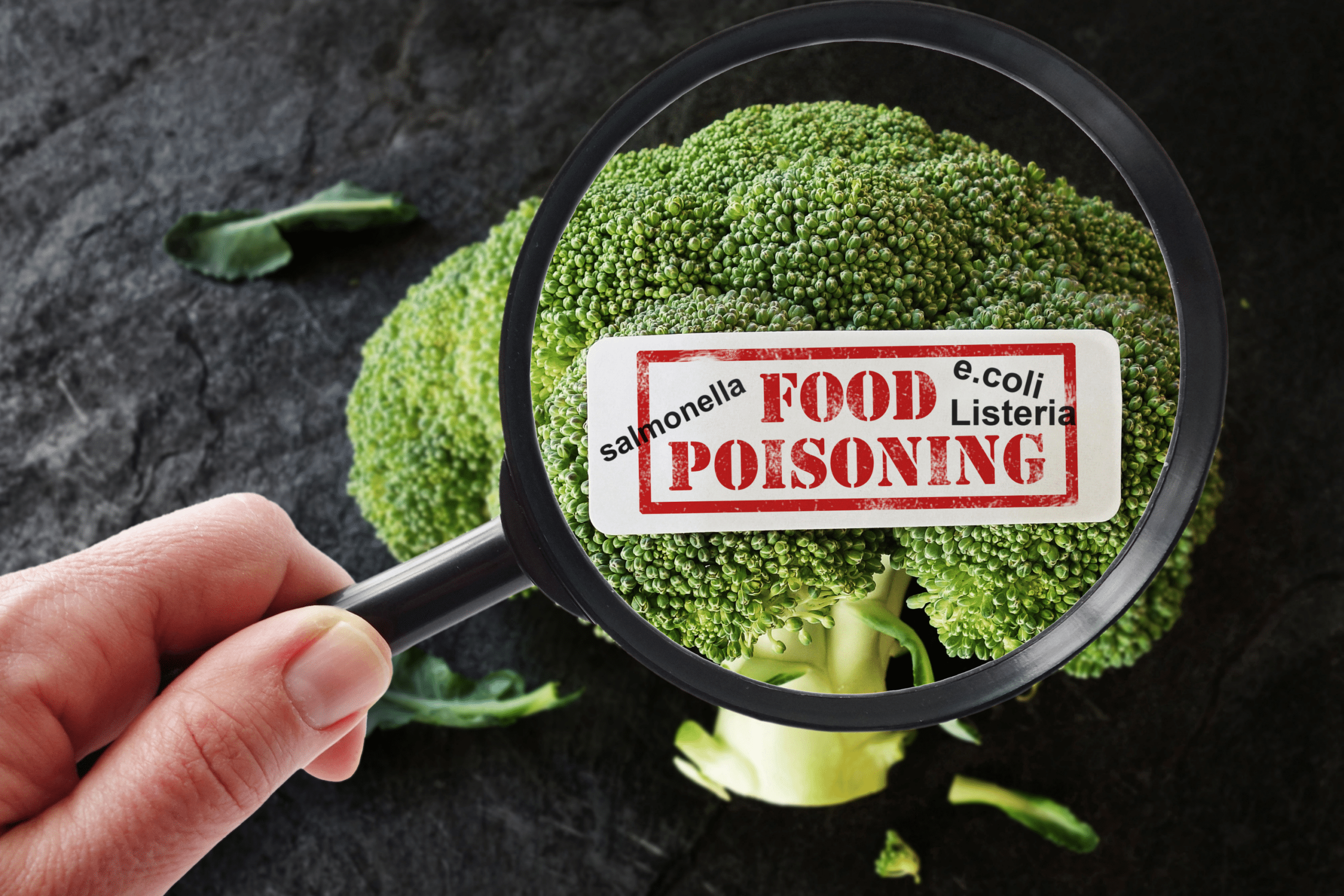When embarking on a cruise vacation, one of the many pleasures is the tantalizing array of culinary offerings available on board. From gourmet restaurants to sprawling buffets, cruise ships have a reputation for offering an abundance of delicious cuisine.
However, with thousands of passengers and crew members sharing dining spaces, ensuring food safety is paramount. In this blog, we will explore the stringent food safety protocols on cruise ships and provide insights into what passengers can do to protect themselves from potential foodborne illnesses.
Stringent Food Safety Protocols
Cruise lines adhere to strict food safety regulations. Every ship undergoes regular health inspections to ensure compliance with international guidelines. Additionally, cruise ship staff, especially those working in the culinary department, are extensively trained in food safety protocols.
They learn about safe food handling, storage, and preparation, and are updated on best practices to reduce the risk of foodborne illnesses.
Cruise lines prioritize sourcing fresh, high-quality ingredients. This reduces the likelihood of contamination and spoilage. Furthermore, these ingredients are carefully stored and rotated to maintain their quality and safety.
To prevent contamination, all kitchen and dining areas are cleaned and sanitized regularly. High-touch surfaces and utensils are disinfected, and strict hand hygiene practices are enforced among staff to minimize the risk of cross-contamination.
Safe Food Handling Tips for Passengers
Passengers can play a crucial role in food safety. Always remember to wash your hands thoroughly before eating, especially if you’ve been exploring the ship or using shared facilities. Cruise ships often provide hand sanitizer stations, so use them frequently, especially before meals.
When choosing your meals, opt for dishes that are well-cooked, hot, and served at proper temperatures. Avoid undercooked or raw items, like sushi or runny eggs, which are more prone to causing foodborne illnesses.
Buffets are a favorite dining option on cruise ships, but they can present unique challenges for food safety. To minimize risks, use utensils when serving yourself, avoid touching food directly, and maintain a safe distance from other passengers to reduce the risk of contamination.
If you notice any food that looks undercooked, spoiled, or has been sitting out at room temperature for too long, bring it to the attention of the ship’s staff. They will take the necessary steps to address the issue and ensure the safety of all passengers.
If Food Safety Measures Fail
While cruise lines go to great lengths to maintain food safety, the occasional mishap can occur. If you suspect that you’ve contracted a foodborne illness, follow these steps:
Seek Medical Attention: Visit the ship’s medical facility immediately if you experience symptoms like nausea, vomiting, diarrhea, or fever. Prompt medical care can help diagnose and treat the illness.
Report the Incident: Inform the ship’s staff about your condition and the food you suspect might have caused it. They will document your complaint, investigate the issue, and take necessary corrective actions to prevent further cases.
Keep Records: Document your symptoms, the times you ate, and the specific foods you consumed. This information can be valuable in identifying the source of the contamination.
Follow Quarantine and Hygiene Instructions: If you are diagnosed with a foodborne illness, it’s essential to follow any quarantine or hygiene guidelines provided by the ship’s medical staff to prevent the spread of the illness to others.

Food Safety On Cruise Ships
There are stringent protocols in place to minimize the risk of foodborne illnesses, especially on cruise ships. However, passengers must also play a role in protecting themselves by practicing good hygiene and being vigilant when selecting food.
If food safety measures fail and you fall ill, remember that the ship’s medical team is there to help, and reporting the incident can lead to a swift resolution. By staying informed and taking necessary precautions, you can savor the culinary delights of your cruise vacation without compromising your health.
About the Author:
Andrew Winston is the founding partner at the personal injury Law firm, The Winston Law Firm. For over 20 years, he has successfully represented countless people in all personal injury cases, focusing on child injury, legal malpractice, and premises liability. He has been recognized for excellence in representing injured clients by admission to the Million Dollar Advocates Forum and named one of America’s Top 100 High-Stakes Litigators. Mr. Winston is AV Preeminent, Rated by the Martindale-Hubbell for the highest level of professional ethics, enjoys a 10.0 rating by AVVO as a Top Personal Injury Attorney, and has been selected as a Florida Top 100 “Super Lawyer” and Miami Top 100 “Super Lawyer” – an honor reserved for the top 5% of lawyers in the state – was voted to Florida Trend’s ”Legal Elite,” recognized by Expertise as one of the 20 Best Personal Injury Attorneys in Fort Lauderdale and 20 Best Car Accident Lawyers in Fort Lauderdale.






